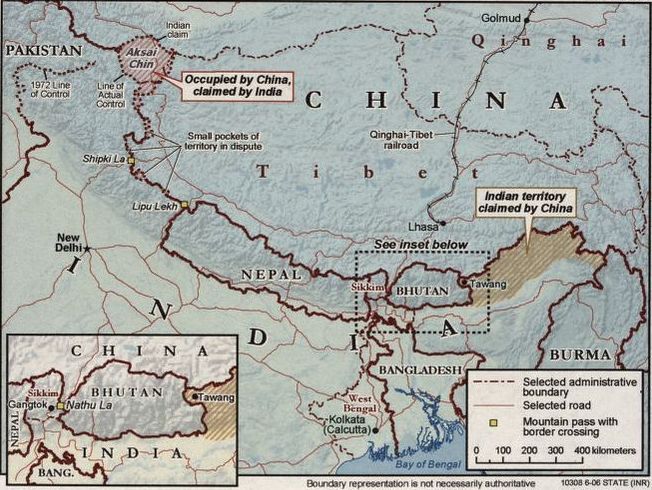A journal has issued expressions of concern for a pair of 2021 meta-analyses purporting to find that ivermectin is an effective treatment for Covid-19 after data sleuths raised questions about some of the research in the studies.
As we reported last fall, one of the two papers – “Ivermectin for Prevention and Treatment of COVID-19 Infection: A Systematic Review, Meta-analysis, and Trial Sequential Analysis to Inform Clinical Guidelines” – began to wobble when data central to its conclusion were retracted from the journal Viruses. That article has been cited 37 times, according to Clarivate Analytics’ Web of Science, making it a highly-cited, “hot” paper.
The other article was titled “Review of the Emerging Evidence Demonstrating the Efficacy of Ivermectin in the Prophylaxis and Treatment of COVID-19” and was written by a group led by Pierre Kory. Kory is a controversial Wisconsin physician whose ideas about how to treat the infection, and particularly ivermectin, have made him a darling of ivermectin proponents like Joe Rogan.
Kory’s group lost a different Covid-19 paper last November over problems with the data, and a paper similar to the one now subject to an expression of concern was removed from a Frontiers journal last year.
The two meta-analyses were the subject of an editorial in the November/December 2021 issue of the journal by its editor, Peter Manu, who cautioned that:
Continue reading Ivermectin papers slapped with expressions of concern








